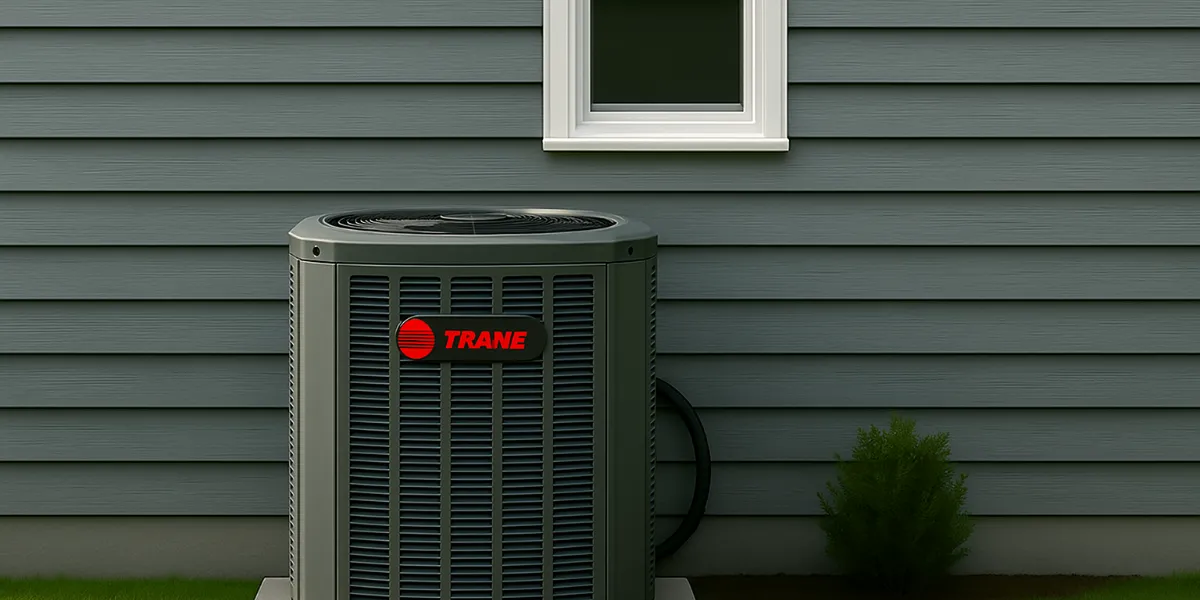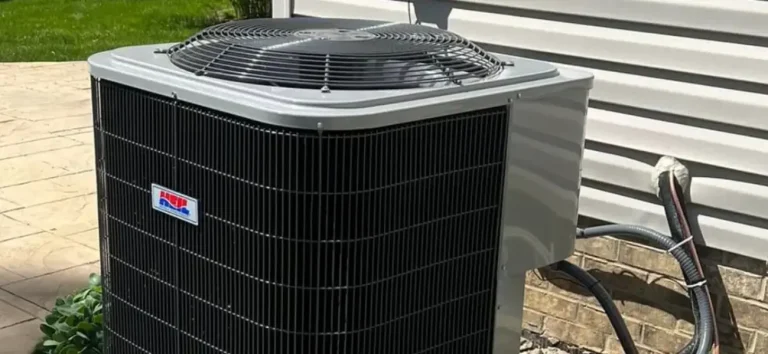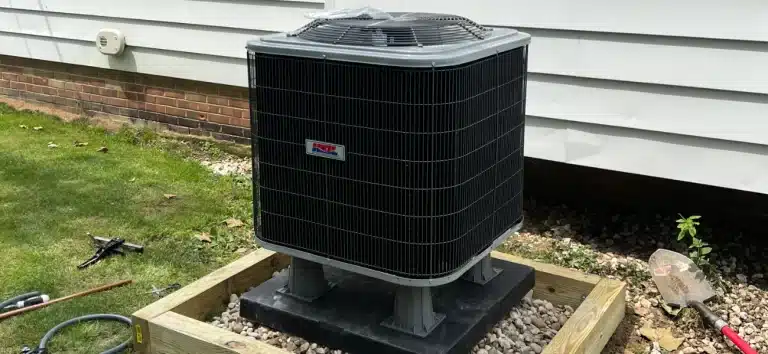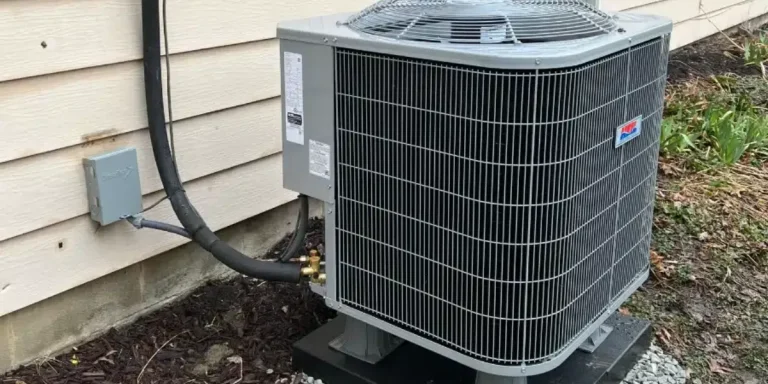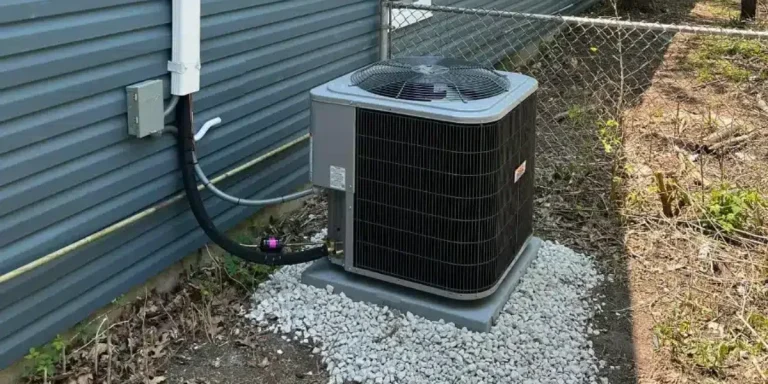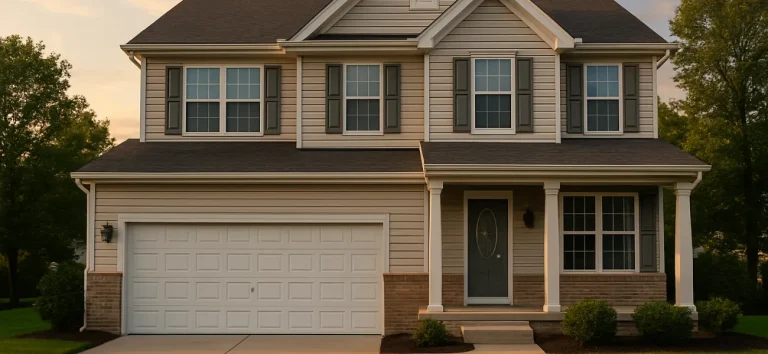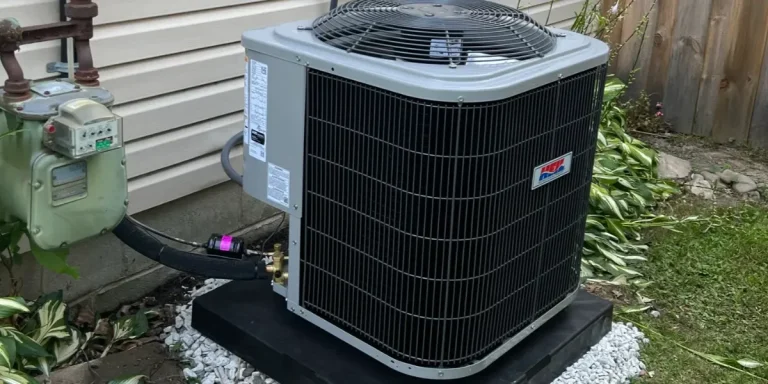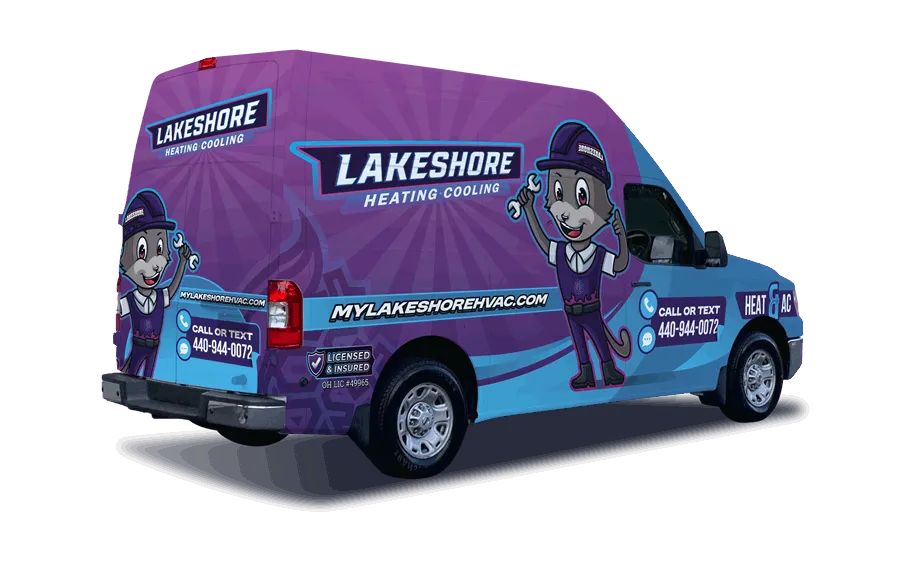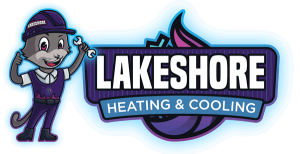What Causes High Electric Bills in Summer?
If your electric bill spikes every summer, you're not alone. Many Eastlake homeowners experience a sharp rise in utility costs as temperatures climb—often without any clear explanation. While it's normal for air conditioners to work harder during hotter months, excessive bills could be a sign that something in your HVAC system—or your home—isn’t operating as efficiently as it should. Let’s break down the most common causes of high summer electric bills and how to fix them.
Common HVAC Issues That Lead to High Electric Bills
Your air conditioner is one of the biggest energy users in your home during the summer. But if your monthly bills are rising faster than the temperature outside, it’s time to look beyond your utility provider. In many cases, the culprit is a struggling or inefficient HVAC system. Below are seven of the most common AC-related problems that can drive up electric costs—and what you can do to fix them.
1. An Inefficient or Aging Air Conditioner
Older air conditioners weren’t built with today’s energy efficiency standards in mind. Over time, components like the compressor, motor, and fan degrade, forcing the system to run longer and harder just to maintain a set temperature. If your unit is more than 10 to 15 years old, it may be costing you more than it's worth.
Signs your AC may be the issue:
-
-
- Long cooling cycles with minimal temperature drop
- Inconsistent cooling between rooms
- SEER (Seasonal Energy Efficiency Ratio) rating under 13
- Frequent breakdowns or strange operating noises
-
At Lakeshore Heating & Cooling, we offer modern, energy-efficient AC replacements with higher SEER ratings designed to cut energy usage and deliver consistent performance—perfect for homeowners looking to lower long-term cooling costs.
2. Dirty Filters or Coils Restricting Airflow
Even the best air conditioner can’t perform well if it can’t breathe. A clogged air filter or dirty evaporator/condenser coil reduces airflow, making the system work harder and use more power to push air through your home.
What to check:
-
-
- Air filters should be inspected monthly during summer and replaced as needed
- Evaporator coils can become coated with dust, especially in older homes or those with pets
- Condenser coils on the outdoor unit should be cleaned to allow heat to dissipate efficiently
- Ductwork and vents should be free of blockages or obstructions
-
Our AC maintenance service includes a full system cleaning and checkup to keep airflow unrestricted and energy usage in check.
3. Thermostat Settings and Usage Habits
You might be unintentionally sabotaging your system with the wrong thermostat settings. Setting the temperature too low or failing to adjust it when away from home can significantly increase energy consumption.
Ways to reduce unnecessary energy use:
-
-
- Keep your thermostat set between 74–78°F when you’re home
- Raise the temperature by a few degrees when you’re away
- Invest in a programmable or smart thermostat to automate comfort while maximizing efficiency
-
Smart thermostats installed by our team help you optimize usage patterns, prevent overcooling, and save money—all without sacrificing comfort.
4. Leaky or Poorly Insulated Ductwork
Your HVAC system may be cooling your attic more than your living space. Leaks, cracks, or gaps in your duct system can cause up to 30% of cooled air to escape before it ever reaches your rooms.
Signs of duct problems:
-
-
- Hot or humid rooms even with the AC running
- Noticeable dust buildup near vents
- Long cooling cycles with minimal comfort improvement
-
Our duct sealing and repair services target leaks and insulation gaps to ensure your cooled air stays where it belongs—inside your home.
5. Poor Home Insulation and Air Sealing
If your home is poorly insulated, your AC has to work overtime to compensate for constant heat intrusion. This is particularly common in older homes or those without proper air sealing in attics, crawlspaces, and windows.
Energy-saving upgrades include:
-
-
- Blown-in or foam insulation for attics and wall cavities
- Weatherstripping for exterior doors and windows
- Sealing rim joists and crawlspaces to reduce air infiltration
-
We can recommend HVAC-compatible solutions like integrated dehumidifiers and home envelope improvements that reduce strain on your system.
6. Running Too Many Internal Heat Sources
Not all heat comes from outside. Appliances, electronics, and lighting can significantly raise your indoor temperature. The more heat your AC has to remove, the harder it works—and the more electricity it consumes.
Tips to reduce internal heat gain:
-
-
- Cook with microwaves, toaster ovens, or grills instead of stoves and ovens
- Run dishwashers and dryers during cooler parts of the day
- Switch to LED lighting to reduce heat and lower electricity usage
-
Reducing indoor heat sources complements your AC’s efforts and lowers your energy bill.
7. High Humidity Levels in the Home
High humidity doesn’t just feel uncomfortable—it also increases cooling costs. That’s because your AC has to run longer to remove both heat and moisture from the air. If your home always feels sticky, your system may not be handling humidity effectively.
Solutions include:
-
-
- Scheduling routine AC tune-ups to ensure optimal dehumidification
- Installing a whole-home dehumidifier to supplement your AC system
- Sealing up crawlspaces and basements where moisture tends to accumulate
-
Lakeshore Heating & Cooling offers indoor air quality solutions that not only reduce humidity but also improve overall comfort and system performance.
Outdated or Inefficient Windows and Doors
Your windows and doors play a bigger role in your summer electric bill than you might think. If they’re old, single-paned, or poorly sealed, they allow cooled air to escape and hot outdoor air to enter—forcing your AC system to work harder and longer than necessary.
How to tell if this might be a problem:
-
-
You feel warm drafts near windows or doors, even when they’re closed
-
Sunlight heats up certain rooms quickly through older glass
-
You notice condensation or fogging between window panes
-
Rooms near large windows are consistently warmer than others
-
Solutions that can help lower your energy bill:
-
-
Upgrade to double-pane or energy-efficient windows
-
Add window film to block heat and UV rays
-
Install thermal curtains or shades
-
Use weatherstripping and caulk to seal any air leaks
-
These improvements not only support your HVAC system but can also increase your home’s overall energy efficiency and comfort. Lakeshore Heating & Cooling can assess your HVAC performance in conjunction with your home’s insulation and sealing to recommend the most cost-effective upgrades.
Proudly Serving Eastlake and Surrounding Communities
Lakeshore Heating & Cooling provides expert air conditioning services across:
-
- Eastlake
- Willoughby
- Mentor
- Painesville
- Willowick
- Wickliffe
- Kirtland
- Concord Township
- Fairport Harbor
- Surrounding areas in Lake County, Ohio
Ready to Lower Your Summer Energy Bills?
Book a Professional AC Inspection Today
If your electric bills are higher than they should be, it’s time to take a closer look at your HVAC system. At Lakeshore Heating & Cooling, we provide honest diagnostics, expert repairs, and energy-efficient replacements that help you stay cool without overspending.
Call us or request your free estimate today—we proudly serve homeowners throughout Lake County and specialize in AC repairs, system tune-ups, smart thermostat installations, and full HVAC replacements.

